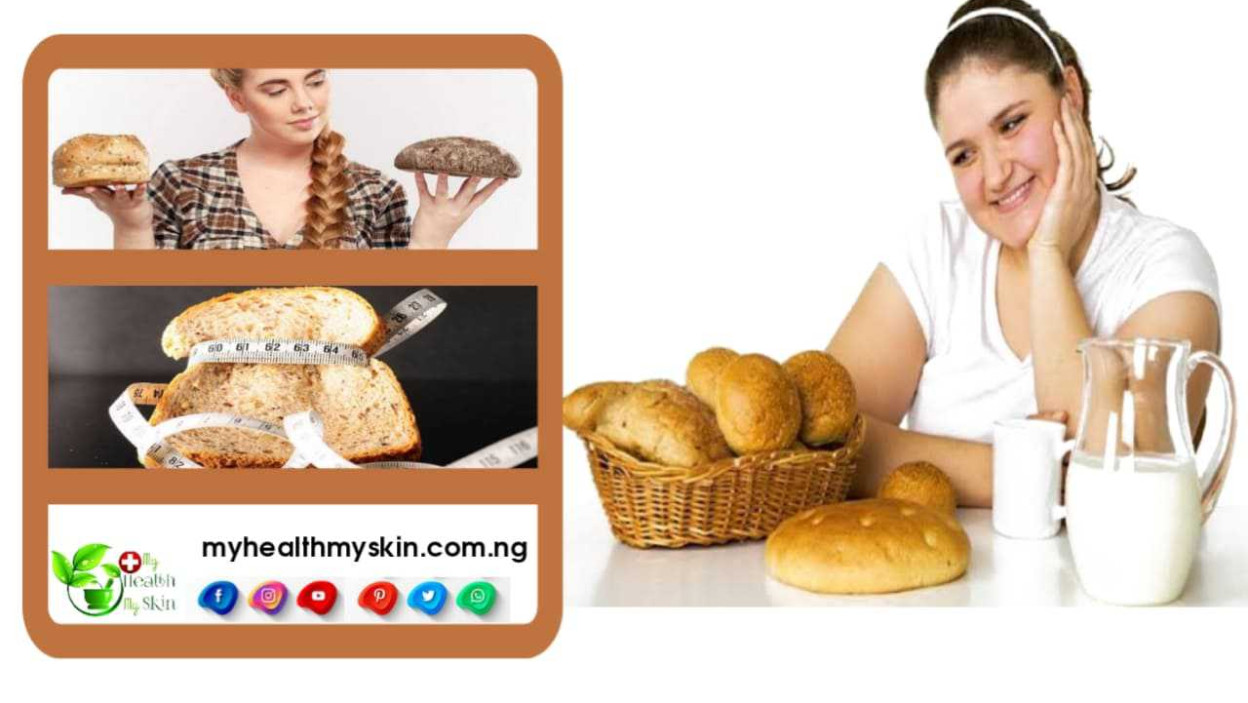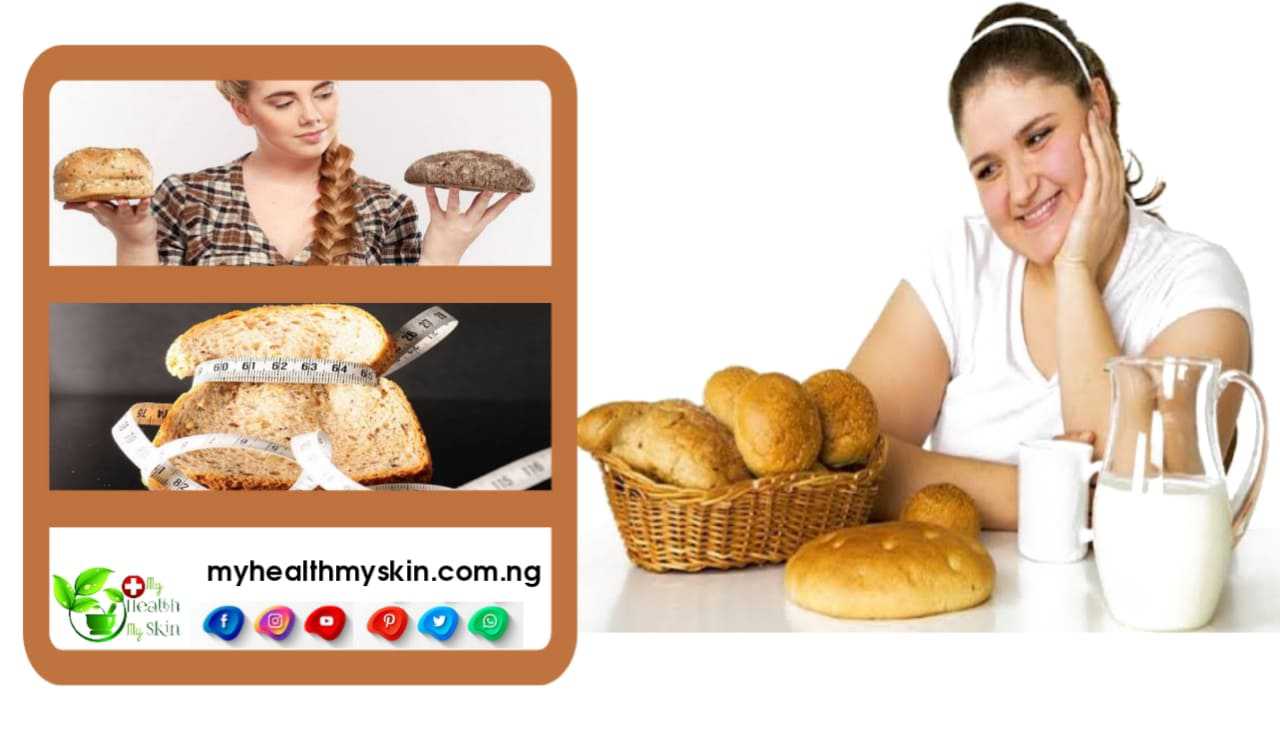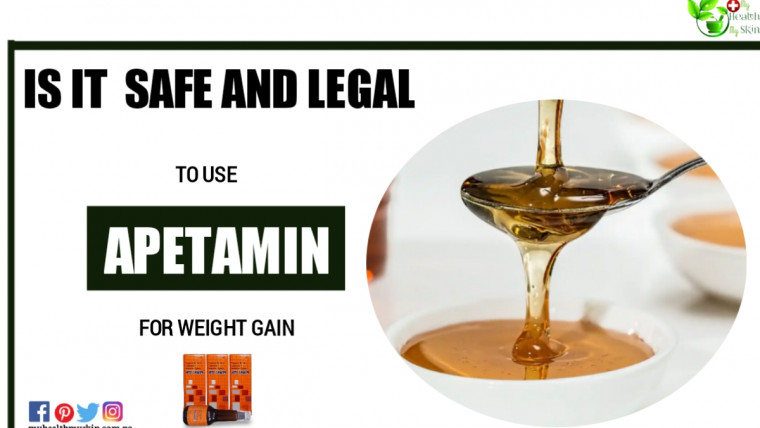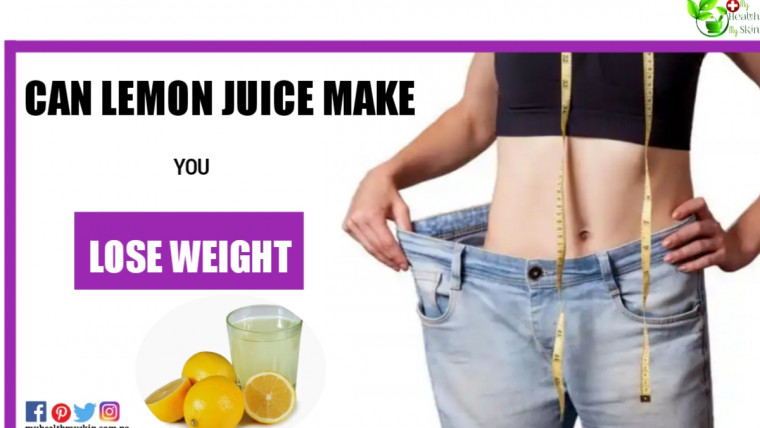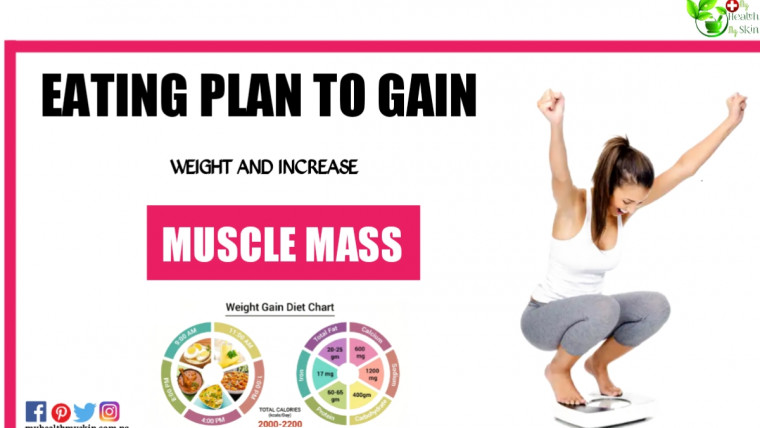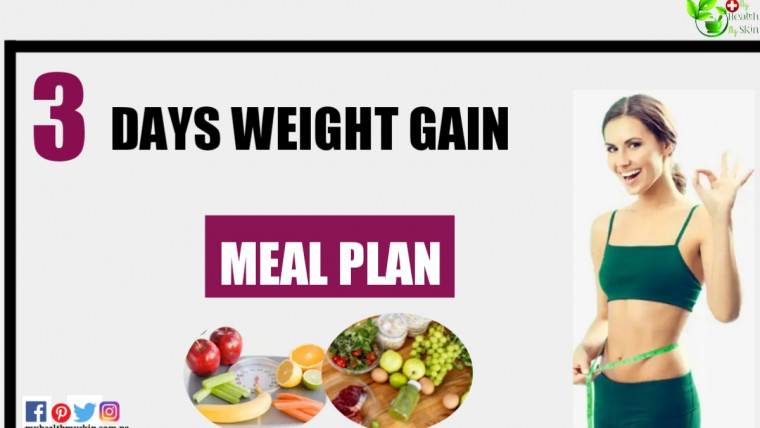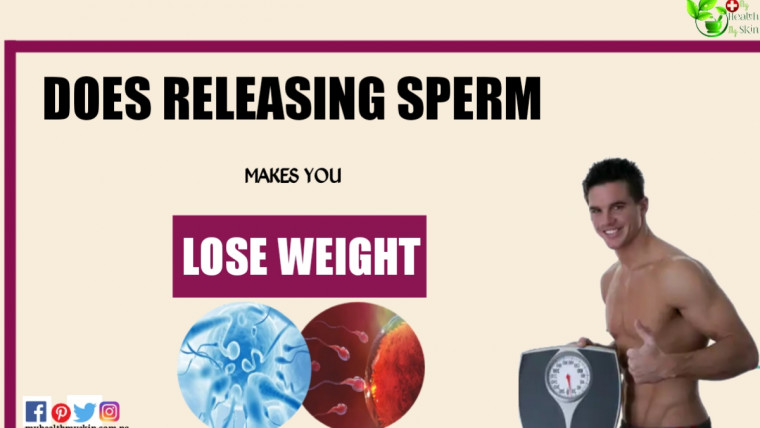[lwptoc]
Which bread is good for weight loss? This is a question most people who want to lose weight would be interested in. Nutritionists recommend not to completely exclude bread from your diet, even for those who are on are trying to lose weight. The question is the quantity and which varieties to give preference to.
In fact, muffins, loaves and all breads made from wheat flour will leave their mark on the waist and hips, as simple carbohydrates are quickly broken down into glucose, which does not have time to be used up and accumulates in fat folds. Therefore, it is recommended to completely abandon such breads on a diet.
Read: Low Carb Diet – What Is It, How To Do It And What Are The Benefits
Which Bread is Good for Weight Loss?
There are some types of bread that are low in carbohydrates and can help you lose weight. Although, carbs aren’t the only problem in losing weight plans.
However, Bread is often the biggest enemy for people who wanting to lose weight.
Especially, eating processed high-carb such as white bread, white rice, potato product and sugar can increase your daily calories and derail your weight loss plan.
As mentioned earlier, there are still several types of bread that are good for dieters.
If you are running a diet program but never succeeding, the best way to diet is to regulate eating patterns, limit calorie intake that is adapted to daily activities, and stop the habit of eating foods that are high in fat, salt, and sugar. You also try to reduce your intake of carbohydrates, especially rice.
And as a substitute, you can use bread. But you have to be smart in choosing the bread available in the market.
Because most of the bread sold contains high carbohydrates. But for those of you who are on a diet and replace the consumption of rice with bread, it is better to choose these breads to maximize your diet:
1. Whole Wheat Bread
2. Rye Bread (Black Wheat Bread)
3. Oatmeal Bread
4. Red Rice Bread
5. Gluten Free Bread
6. Pita bread
7. Flaxseed Bread
8. Ezekiel’s bread
9. Homemade Bread
How to choose the “right” bread and how much to eat?
First you need to choose bread. To do this, you can resort to the following recommendations:
- Avoid products made from flour of the first and highest grades. Of the nutrients in them, only proteins, fats and carbohydrates remained, the latter being the lion’s share. At the same time, such products are almost completely devoid of useful vitamins and minerals removed from the grain husk;
- Give preference to whole grain yeast-free bread, or at least one of these properties. Such bread carries complex carbohydrates, has a beneficial effect on the work of the gastrointestinal tract. Also, such products contain a large amount of vitamins and minerals in their natural form;
- You should be careful about the shelf life and freshness of bread. Bread that shows signs of mold is strongly discouraged, even if the moldy areas are removed, as the spores can spread through the bread and enter the human body;
- No need to avoid bread with various additives in the form of raisins, dried apricots, sesame seeds, cumin and other spices or dried fruits. Such loaves will give an additional boost of energy and a pleasant taste;
- When consuming yeast bread, it is preferable to choose “yesterday’s”, since the residual amount of yeast in slightly stale bread is reduced, it is recommended even for people with a sick stomach;
- It is important to remember that sometimes it is not the bread itself that makes a sandwich high-calorie, but what is put on it. Therefore, if a decision has already been made to eat a sandwich, then let it be with a slice of boiled or baked meat instead of sausage.
But the rate of bread will greatly depend on what the rest of the diet is like. With a sufficient amount of cereals, potatoes, vegetables, there is no need for an additional portion of bread. When calculating the daily portion of carbohydrates, it should be borne in mind that their share should be at least half of the entire diet.
How to eat bread to lose weight?
Here the principle “consume less than spend” applies. When controlling body weight and losing weight, bread cannot be completely abandoned. You can reduce its amount to 2-3 slices of whole grain or bran per day. You should also provide variety in your diet to avoid the manifestation of a deficiency of certain substances. Such a simple approach will allow you to indulge in such a familiar and beloved product without harm to the figure.
FAQS
Does bread make you full?
How often young ladies who are losing weight categorically refuse to eat bread in any form, arguing that they are getting better from it, this is useless food and similar arguments.
In fact, bread is far from being as scary as they want to see it and show it to others. In fact, these are carbohydrates, which, as you know, should be 50% in a person’s daily diet.
After all, carbohydrates are the main sources of energy in our body, which is needed to ensure not only physical activity, but also vital processes.
Therefore, it is not bread that leads to fullness, but its excess, or extra portions of other carbohydrate and fatty foods. In addition, a complete rejection of bread can lead to a number of unpleasant symptoms:
- Depression;
- fatigue;
- short temper;
- constipation;
- muscle weakness;
- General intoxication.
This is due to the fact that bread is the main source of substances that support the adequate functioning of the nervous system, as well as dietary fiber, vegetable protein. Moreover, bread varieties are very different, which greatly affects their nutritional value.
Is it possible to eat bread while losing weight and what kind?
Weight loss is a long, complex process. Difficulties are associated not so much with dietary restrictions, but with psycho-emotional restructuring. The body is experiencing serious deprivation, experiencing stress, trying to get rid of it by any means.
To help your own body in the difficult struggle with extra pounds, it is necessary to organize the process of losing weight in such a way as not to experience discomfort. Correct, gradual and safe weight loss is based on several basic principles:
- Changing nutrition. The diet should be varied, healthy, tasty. It must meet the body’s needs for nutrients (proteins, fats, carbohydrates), vitamins, minerals.
- Work on eating habits. You can control yourself for a month, eat only the right and healthy foods, but at a certain moment break loose and start eating junk food. However, the new diet should become permanent.
- Adding daily physical activity. It can be home gymnastics, yoga, swimming, walking, running, gym classes. You need to find what suits your abilities and preferences. This will improve the body, make it stronger, more resilient.
Read: Does Yodi Pills (Orji) Work Are Result Permanent For Weight Gain?
Is it worth giving up bread completely?
Theoretically, you can completely refuse anything. But in practice there will be difficulties associated with restrictions. First of all, psychological, leading to breakdowns, serious diseases and disorders. Therefore, you should not sharply limit yourself in bread. It is better to eat in small portions.
There are several other reasons why bread should not be excluded completely:
- the content of nutrients necessary for the body to maintain life;
- content of vitamins and minerals;
- the content of valuable proteins, a number of essential amino acids (methionine, lysine, threonine).
Therefore, if bread is the hardest thing on a diet to give up, you can leave it by cutting down on the serving size.
Conclusion
We hope this article helped you learn about some of the best breads you can try to get your weight gain under control. You may also want to learn How to Practice Yoga to Lose Weight, or check out our Diet & Nutrition category.
If you liked this article, then please share on your social networks and stay tuned for upcoming articles. You can also find us on Telegram and Facebook.

